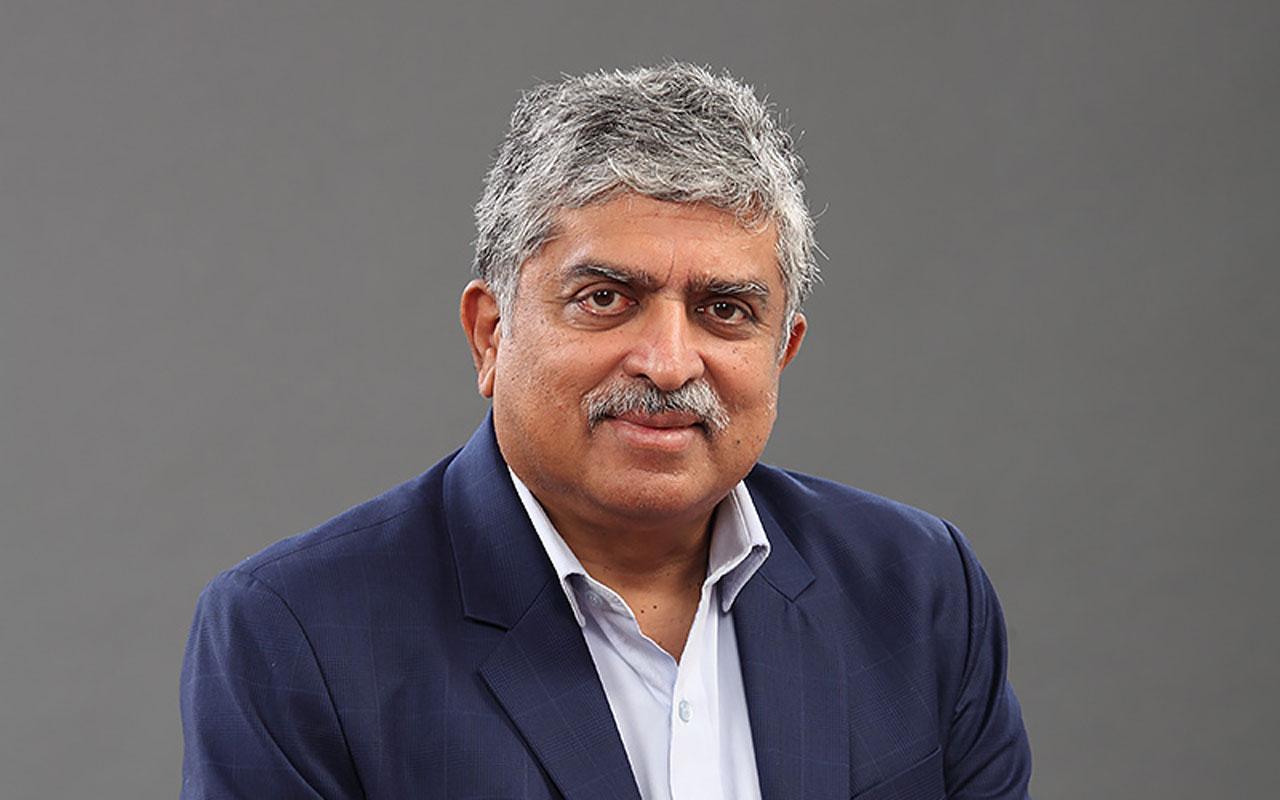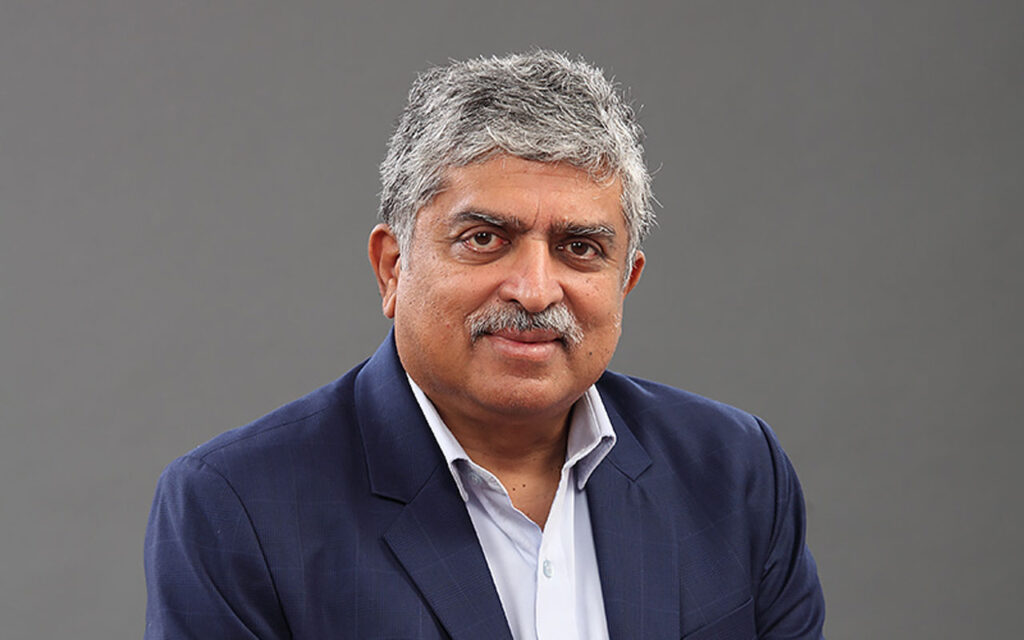There will be no compromise on basic healthcare services during the Covid vaccination rollout and the Central government will follow strict scientific norms and protocol, said Amitabh Kant, CEO, Niti Aayog, the planning body of the GoI.

“Priority will be given to healthcare workers, frontline warriors, civil defence forces such as police personnel and home guards, those over 50 years with comorbidities and younger people with underlying illnesses,” he said at a panel discussion on “Covid-19: Way forward to managing the pandemic challenge” at the virtual Rotary institute.
He assured that it will be an orderly, smooth rollout of the vaccination drive with importance attached to technology platforms and digital interfaces. “We will set up Covid cold chain and strengthen government medical depots and stores.”
Echoing the words of session moderator Rtn Habil Khorakiwala, CEO, Wockhardt group, who called for restructuring the healthcare spending in India, Kant said from less than two per cent of GDP spending on public health, the government must raise it to five per cent with equal focus on enhancing the nutrition level of children. In comparison, Western countries spend 10–12 per cent of their GDP on healthcare with US spending 18 per cent.

Under the Ayushman Bharat scheme, GoI has set up 50,000 health and wellness clinics out of 150,000 it has planned and the Pradhan Mantri Jeevan Jyoti Bima Yojana (PMJJBY), the largest cashless insurance scheme in the world, has covered 500 million Indians who can avail free treatment at empanelled hospitals. Dr Randeep Guleria, director, AIIMS said the global data on Covid vaccines must also factor in variant strains as recently found in the UK.
While the UK is completely revising its vaccine strategy due to mutant strains, we should have an open mind to look for as many new vaccines for the country including Sputnik and one under development by Zydus Cadila to immunise a huge population, said Dr Guleria. “We need to have an aggressive approach, invest in genomic surveillance for possible mutations to prevent future pandemics.”
India is unique
To a query from Khorakiwala if there could be a sudden spike in cases like in the UK, Dr Guleria ruled out such a possibility in India “as we have incrementally raised our RT-PCR testing rates and found that even in poll-bound states there were no recent surges in Covid cases.” The Indian situation is unique as we have the largest youth population who have protection thanks to the BCG vaccine and the population would have developed herd immunity by now, he said. “But we have to persist with Covid- appropriate behaviour (like social distancing and wearing mask) till enough people are vaccinated. At the same time, we have to keep up the surveillance to prevent untoward outbreaks.” He said a multisectoral approach is needed to bring down pollution, especially in the Indo-Gangetic belt, as it is linked to higher mortality due to lung inflammation. “We need to move out of our silos, develop strategies and innovate to reduce pollution in a sustainable manner,” he said.
Digital platform
To ensure a scalable architecture for Covid vaccine, “GoI has developed CoWin App, a digital interface, to ensure last mile delivery of the vaccine”, help stakeholders with control over their stock inventory and keep track of inoculated people,” said Nandan Nilekani, non-executive chairman, Infosys. “At the end of the vaccine drive, we should be able to unlock our economy, and enable people to travel freely. The government will issue a digital vaccine certificate for those immunised,” he said.

The pandemic has led us to a hybrid working model at most offices with Infosys, having a workforce of 240,000, allowing a third of its staff to work from home, he said. India Inc is in the process of redesigning its office space, reinventing business processes by eliminating excess workflow with the reskilling of its staff for the ‘new normal’, he said.
Zydus Cadila Healthcare is in the third stage of the clinical trial for the development of a Covid vaccine based on a DNA platform and “once completed, we will deliver 150 million doses a year to the government,” said its CMD Pankaj Patel. “The world is looking up on Indian companies to develop vaccines as we have a huge market. We also need the right treatment procedure for Covid which we are working on,” he said. While there is a good ecosystem in India with a proactive government, “scientific talent must be harnessed so that we create a difference in the world,” he said.
Medical automation
A 24×7 helpline at the Apollo Hospitals offers counselling for Covid patients and “this has helped to bring down panic among the vulnerable people,” said its founder-chairman Dr Prathap Reddy. The hospital chain has 3,000 hotel rooms and 40,000 beds exclusively for Covid patients, he said. “Focus must be on disease prevention in 2021 and India can tap the $4 billion worth global medical tourism as many patients from the West have shown interest in the low-cost, quality medical services being offered in Chennai hospitals,” Dr Reddy said.

In the near future, automation, artificial intelligence (AI), robotic surgery and 3D printing will be the order of the day, he said and warned that 80 per cent of global deaths would be related to non-communicable diseases (NCD) and India would have a fair share of this mortality as heart attacks, strokes and NCDs have become common among the 25–40 age group.
Fiscal stimulus
Giving an economic spin to the vaccination drive, Ajit Ranade, president and economist, Aditya Birla group, said the massive programme with 500 million doses, each costing ₹200–300, having its own supply chains and volunteers is worth a ₹1.4 lakh crore fiscal stimulus to the Indian economy. “We are able to flatten the infection curve remarkably well, but we should not relax in our treatment and prevention efforts,” he said.
Boosting consumers’ confidence is the key to reactivate business activity, but in the current fiscal (ending March 2021) we have to contend with a negative growth rate, he said. However, he added, “our young and dynamic workforce gives us a huge potential for growth.”

Just like the midday meal scheme for 110 million children who were served freshly-prepared food, “we can provide a glass of milk to undernourished kids with India producing 180 million tonnes of milk, largest in the world.” Another worrying factor is over 200 million elderly people who need emergency medical care and a reliable social security which the government can provide by rejigging its priority over healthcare spending and mobilising resources from the industrial and service economy, said Ranade.
Summing up the discussion, Khorakiwala said India is on the cusp of cashing in on new opportunities in the post-Covid world as it only needs to “reimagine and recreate a better tomorrow.”
Despite spending $4 trillion on healthcare every year, “the world was not prepared when the pandemic struck and 50 million people were affected.” The global economy has lost $10 trillion in the last nine months, but the good news is that it has taken less than a year for us to develop Covid vaccines as against several years in the past for other diseases, he said.






